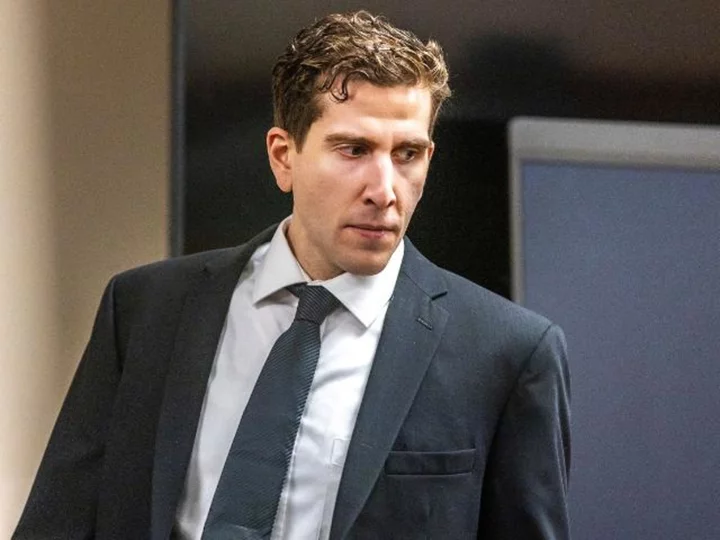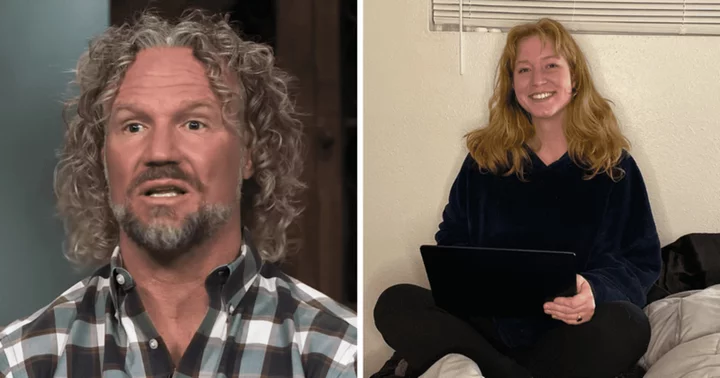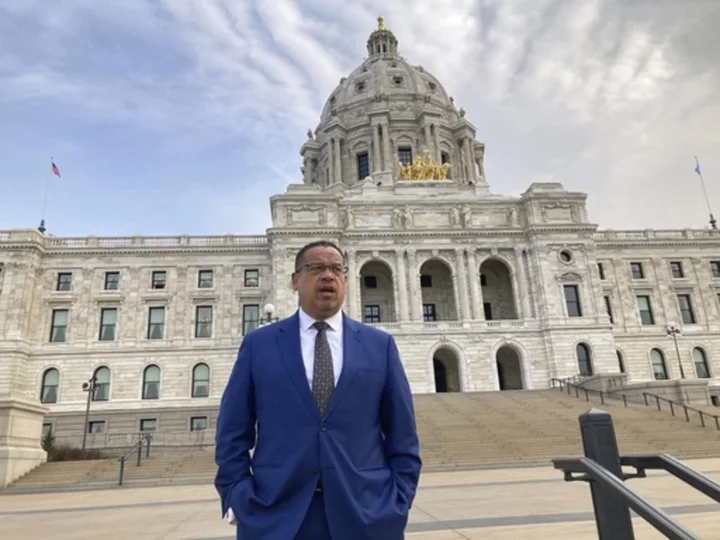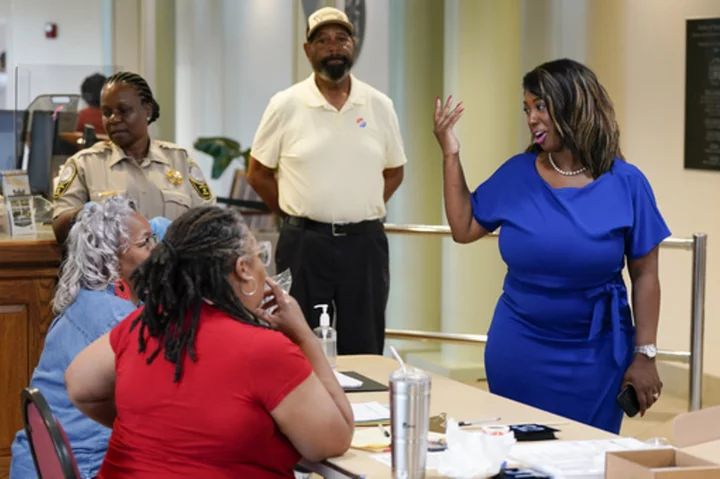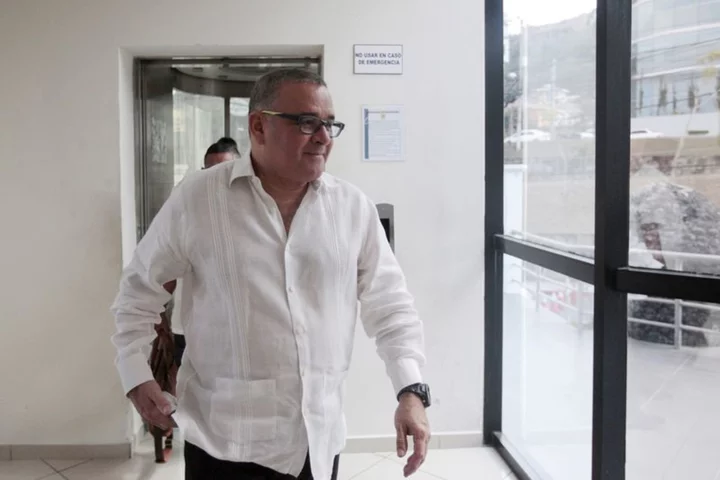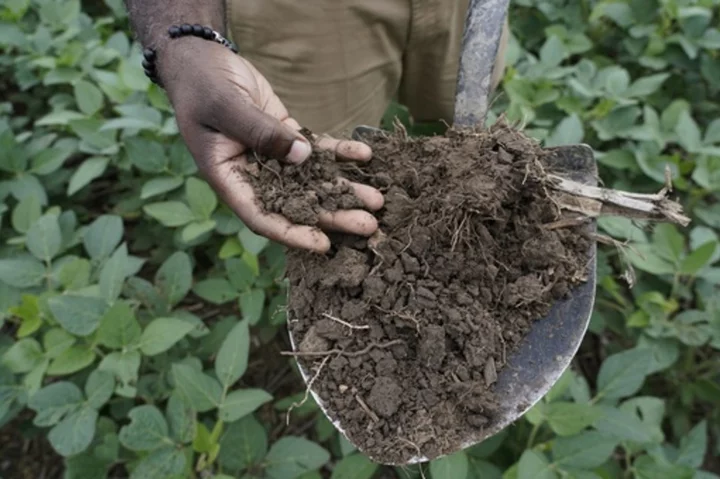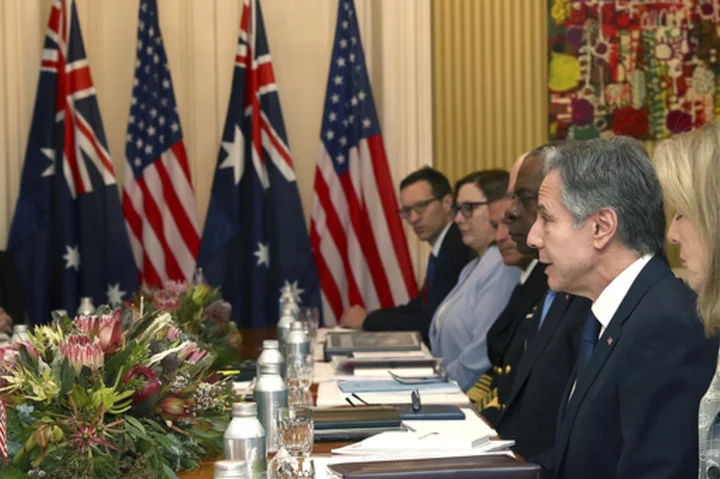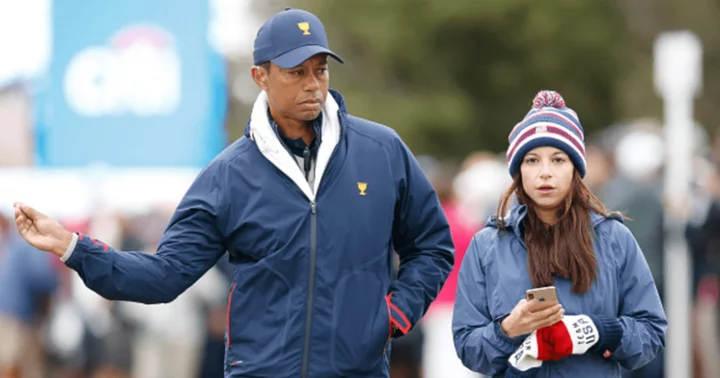Attorneys for a man accused of killing four University of Idaho students last year say they will be using an alibi defense, but do not have one specific location for where he was, they said in a court document filed Wednesday.
The defense attorneys for Bryan Kohberger made the statements in an objection to prosecutors' motion last week to compel Kohberger to share the exact location of his alibi and the names of witnesses who could testify to his location.
Kohberger faces four counts of first-degree murder in the November 13 deaths of 21-year-olds Kaylee Goncalves and Madison Mogen; and 20-year-olds Xana Kernodle and Ethan Chapin, who were fatally stabbed in an off-campus home in Moscow, Idaho. A not guilty plea has been entered on his behalf, and his trial is set for October.
"Mr. Kohberger has long had a habit of going for drives alone," his attorneys' Wednesday filing reads. "Often he would go for drives at night. He did so late on November 12 and into November 13, 2022.
"Mr. Kohberger is not claiming to be at a specific location at a specific time; at this time there is not a specific witness to say precisely where Mr. Kohberger was at each moment of the hours between late night November 12, 2022 and early morning November 13, 2022. He was out, driving during the late night and early morning hours of November 12-13, 2022."
The attorneys say they recognize the use of an alibi requires a specific location, but that "Kohberger has complied to the extent possible at this time," their objection says.
"Corroborating evidence may come from cross examination of state's witnesses. Corroborating evidence may come from presentation of defense experts. Mr. Kohberger is aware of and will comply with his continuing duty to disclose information," the objection says.
His attorneys asked in the filing for the court to exempt Kohberger from further inquiry, and said he is "prepared to provide further detail in an ex parté hearing with the court."
Due to a wide-ranging gag order, prosecutors, defense lawyers, and attorneys for victims' families and witnesses are prohibited from saying anything publicly, aside from what is already in the public record.

